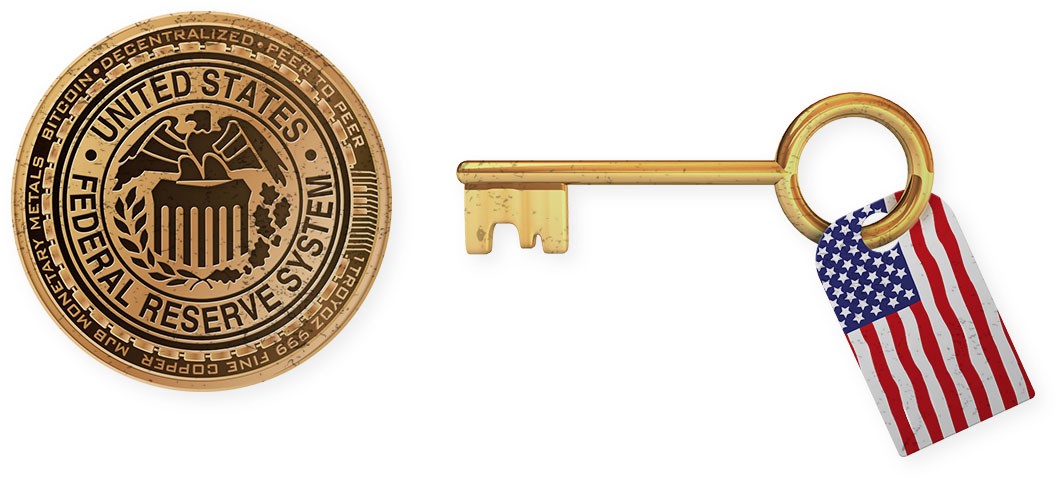PALO ALTO, Calif. (Reuters) - The Federal Reserve is taking a look at a broad variety of concerns around digital payments and currencies, including policy, style and legal factors Go to this site to consider around possibly releasing its own digital currency, Guv Lael Brainard stated on Wednesday. Brainard's remarks suggest more openness to the possibility of a Fed-issued digital coin than in the past." By transforming payments, digitalization has the possible to provide higher value and convenience at lower expense," Brainard said at a conference on payments at the Stanford Graduate School of Service.

Central banks worldwide are debating how to manage digital finance technology and the distributed ledger systems utilized by bitcoin, which promises near-instantaneous payment at potentially low cost. The Fed is establishing its own round-the-clock real-time payments and settlement service and is currently examining 200 comment letters sent late in 2015 about the proposed service's design and scope, Brainard said.
Less than two years ago Brainard told a conference in San Francisco that there is "no engaging showed need" for such a coin. But that was prior to the scope of Facebook's digital currency ambitions were extensively known. Fed officials, consisting of Brainard, have actually raised concerns about customer securities and information and personal privacy risks that might be posed by a currency that might enter into usage by the third of the world's population that have Facebook accounts.
" We are working together with other central banks as we advance our understanding of reserve bank digital currencies," she said. With more countries checking out providing their Check over here own digital currencies, Brainard said, that contributes to "a set of factors to likewise be making sure that we are that frontier of both research study and policy advancement." In the United States, Brainard said, issues that need research study consist of whether a digital currency would make the payments system safer or simpler, and whether it might pose financial stability risks, consisting of the possibility of bank runs if money can be turned "with a single swipe" into the main bank's digital currency.
To counter the monetary damage from America's unmatched nationwide lockdown, the Federal Reserve has taken unprecedented actions, consisting of flooding the economy with dollars and investing straight in the economy. Most of these moves received grudging approval even from lots of Fed skeptics, as they saw this stimulus as needed and something only the Fed could do.
My brand-new CEI report, "Government-Run Payment Systems Are Hazardous at Any Speed: The Case Versus Fedcoin and website FedNow," information the risks of the Fed's existing plans for its FedNow real-time payment system, and propositions for main bank-issued cryptocurrency that have been dubbed Fedcoin or the "digital dollar." In my report, I go over concerns about privacy, data security, currency adjustment, and crowding out private-sector competition and development.
Supporters of FedNow and Fedcoin state the federal government must create a system for payments to deposit quickly, rather than motivate such systems in the personal sector by lifting regulatory barriers. But as kept in mind in the paper, the economic sector is providing a relatively endless supply of payment innovations and digital currencies to fix the problemto the level it is a problemof the time space between when a payment is sent and when it is gotten in a bank account.
And the examples of private-sector innovation in this location are lots of. The Clearing Home, a bank-held cooperative that has actually been routing interbank payments in various types for more than 150 years, has actually been clearing real-time payments given that 2017. By the end of 2018 it was covering 50 percent of the deposit base in the U.S.